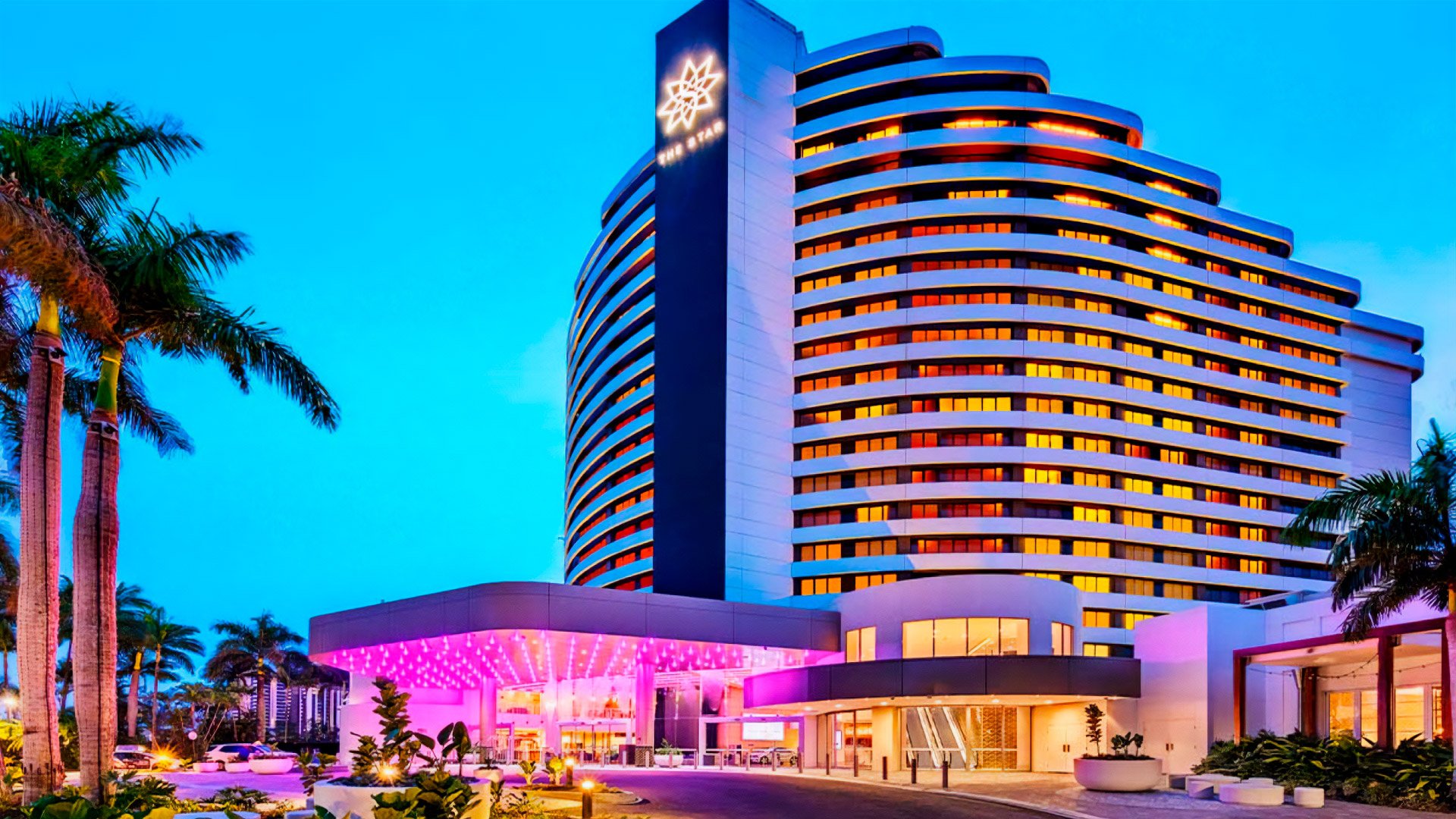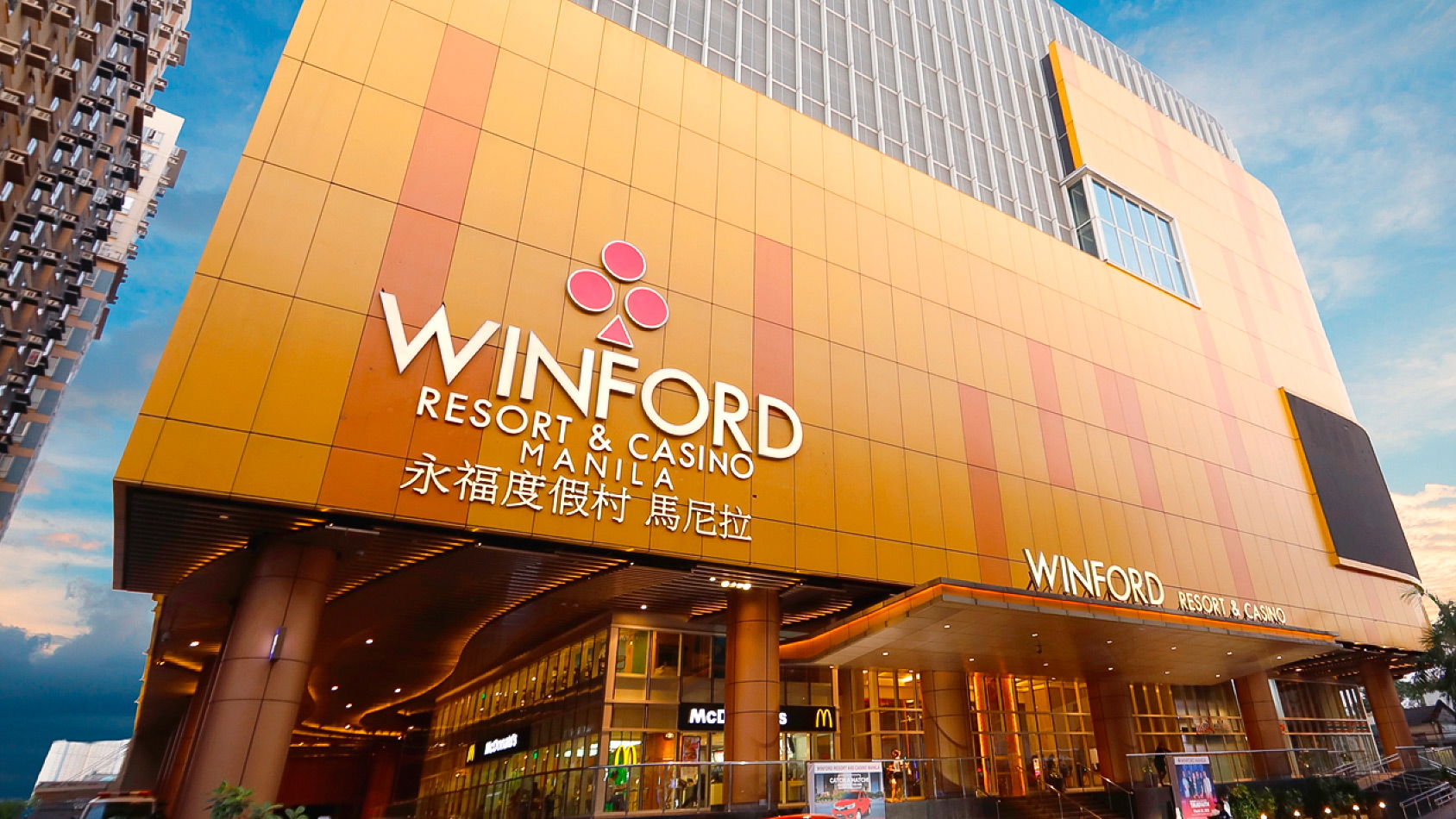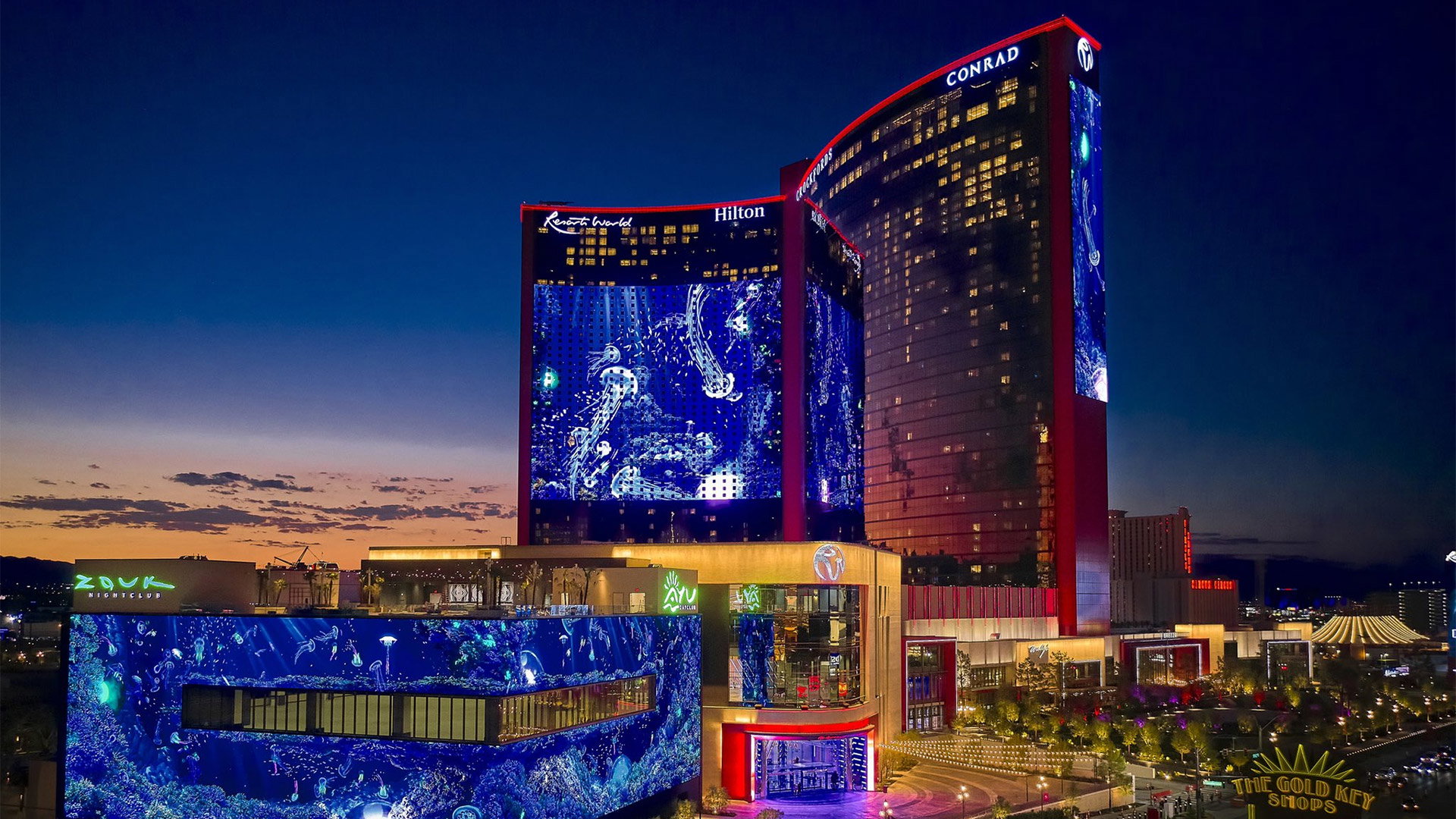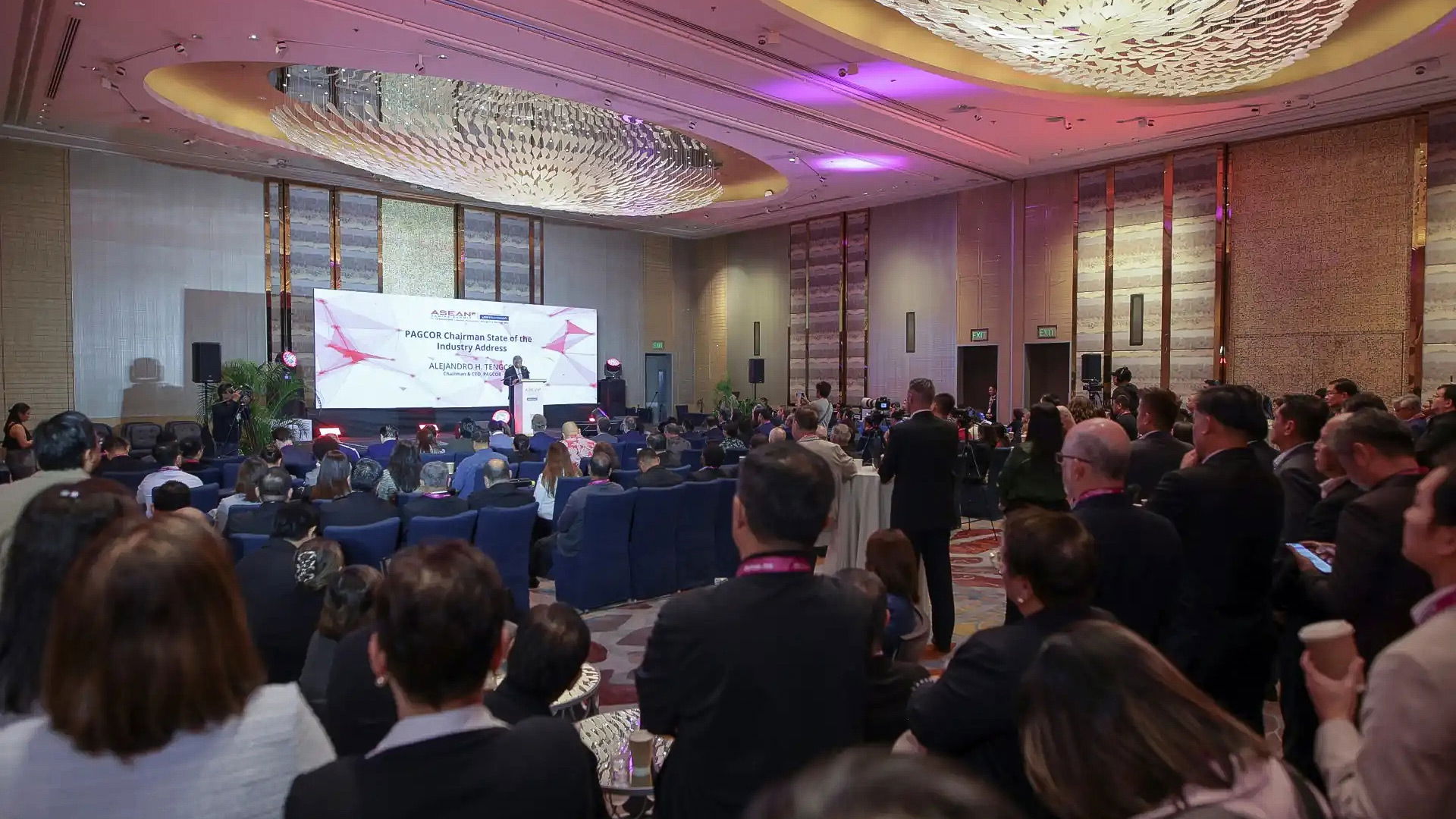Casino operators in Macau ask authorities for clarity on proposed new gambling laws

Macau casino and junket operators are asking for clarity in regards to newly announced gambling laws in the world’s biggest gaming hub. Senior executives met with authorities last Monday in a reunion in which they asked for details on the proposed regulatory changes announced earlier this month.
The meeting lasted little more than an hour and was shown online, and highlighted the uncertainty hanging over the industry since China’s government kicked off a regulatory overhaul on Sept. 14, reports Reuters.
Representatives from Sands China, Wynn Macau, Galaxy Entertainment, MGM China, Melco Resorts and SJM Holdings attended the meeting, the first official opportunity for the industry to air its views during the 45-day gaming consultation launched by authorities.
China officials in the enclave launched the public consultation period to discuss legal revisions, including how many casino licenses will be allowed, how long the terms will last, and the level of supervision by the government. Macau’s casino licenses are up for rebidding next year, in June.
As a result of the news, casino stocks in Macau dropped a record $18 billion on Sept. 15 as uncertainty took over. Other areas of potential change include having government representatives supervising daily operations, improved regulation and employee welfare.
During Monday’s meeting, executives agreed that Macau’s gaming law, launched 20 years ago, needs an update and vouched support for Macau’s development as an international tourism hub. However, casino operators asked for more information on changes to come, especially those critical to their business, such as the introduction of government representatives and clarification on potential responsibilities and penalties for criminal acts.
Buddy Lam, Galaxy’s senior vice president for public relations, said the company is confident that a “balance could be reached between national interests and the demands of operators,” according to the previously cited news source. Lawyer Rui Cunha, in representation of SJM, argued that the future license period should take into consideration investments made in the region.
Junket operators, which bring wealthy gamblers to the enclave, were vocal in demanding clarity on amendments to criminalize accepting cash deposits, a currently common practice. Kwok Chi Chung, president of the city’s junket association, enquired how their practices could be legalized, as China’s crackdown on illicit money transfers heavily targets junket operations.
One of the main concerns aired in the meeting is a proposed increase in local director’s ownership of casino operators. Investors consider U.S. casino operators such as Sands, Wynn and MGM face more risk compared to local rivals.
Currently, Macau permanent residents have a 10% voting right in the operators. Should that change to an economic right, there is a negative perception “that Chinese investors may be given a chance to buy these companies at very low prices,” said Louis Lau, director of investments at Brandes Investment Partners, which invests in Macau casinos.
The new gambling revisions proposed by China are part of an ongoing crackdown effort, also affecting other sectors of the country’s economy, from technology to education, with increased regulations and taxes. Authorities are due to hold four more consultations with the public in October.


















































